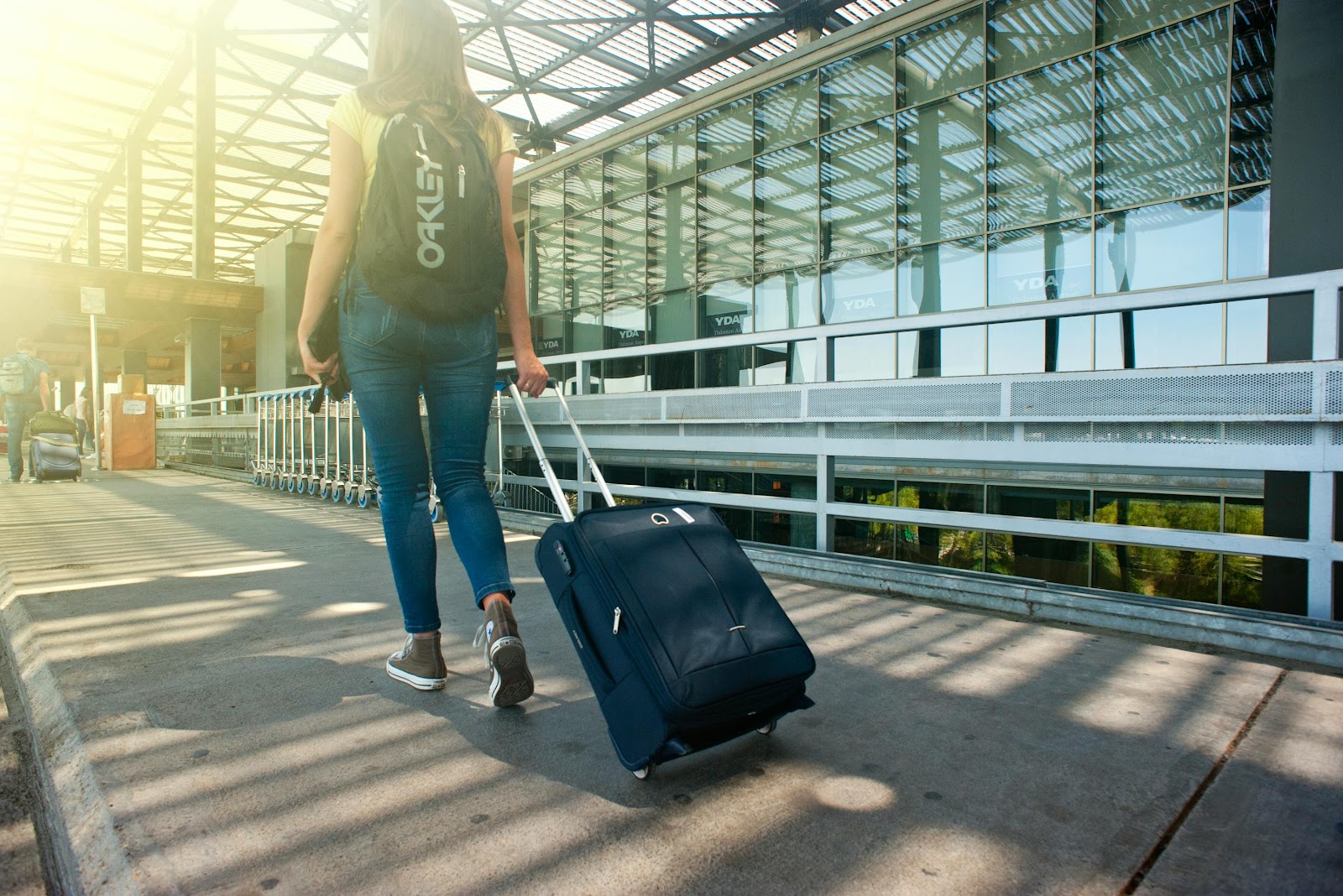Travel is becoming more and more necessary for work, education, and leisure in our increasingly globalized world.
However, navigating the travel industry poses special difficulties for Deaf people.
In order to guarantee fair access to travel experiences, it is essential to comprehend the rights and protections granted to Deaf travelers.
The legal environment surrounding Deafness in the travel sector is examined in this article, with particular attention paid to the duties of travel agencies and the rights of Deaf people.

The Legal Framework
The rights of people with disabilities, including those who are Deaf or hard of hearing, are protected by law in many nations.
For instance, the Americans with Disabilities Act (ADA) in the US forbids discrimination against people with disabilities in a number of contexts, including public accommodations, which include lodging facilities, dining establishments, and transit systems.
In a similar vein, service providers are required by the UK’s Equality Act 2010 to make reasonable accommodations so that all clients, including those with hearing impairments, can use their services.
A set of rights for Deaf travelers is established by these laws.
They have a right to equitable access to travel services, including efficient means of communication.
In order to facilitate communication and guarantee that Deaf people can fully participate in the travel experience, this requirement requires travel agencies to offer suitable accommodations, such as sign language interpreters or captioning services.
Communication Access
A key component of the travel experience is effective communication.
This implies that travel agencies need to put policies in place to guarantee that Deaf people get the information they need.
This obligation covers a range of travel-related topics, such as reservation processes, safety instructions, and emergency notifications.
Travel agencies can improve accessibility by providing a variety of channels for communication.
For example, visual aids like videos with captions or sign language interpretation should be incorporated into websites and mobile applications.
Customer service agents should receive training on how to interact with Deaf clients during the booking process by using text-based communication techniques or video relay services.
Additionally, Deaf passengers must be informed about boarding procedures, delays, and safety protocols by transportation providers like trains and airlines.
Staff members who have received sign language communication training or visual displays can convey this information.
Travel agencies can foster an inclusive atmosphere that upholds the rights of Deaf passengers by emphasizing clear communication.
Reasonable Accommodations
In order to guarantee accessibility for Deaf travelers, it is imperative that reasonable accommodations be made.
Depending on the situation, what is considered “reasonable” can change, but generally speaking, it refers to changes that greatly increase an individual’s access without placing an excessive burden on the service provider.
Reasonable accommodations for Deaf tourists could include offering assistive listening devices when appropriate, making sure staff members are trained in basic sign language, and providing sign language interpreters for guided tours.
During the booking process, travel agencies should also proactively inquire about the preferred communication methods and accommodations of Deaf clients.
This method enables Deaf travelers to express their unique needs while also showcasing a dedication to inclusivity.
It is crucial to understand that not all travel agencies follow these legal requirements.
Some might not make the necessary accommodations or might not be aware of their legal obligations.
When deaf travelers run into these obstacles, they might feel discriminated against and frustrated, which would make their trip less enjoyable.
In order to increase public awareness of these problems and promote adherence to current legislation, advocacy organizations are essential.
Challenges in the Travel Industry

Deaf travelers still encounter many obstacles in the travel industry, even with the legal protections in place.
The inconsistent availability of lodging across various regions and travel service types is one of the main problems.
There is a patchwork of services that can differ greatly from one provider to another because some businesses have embraced accessibility and inclusivity while others have lagged behind.
Deaf people may also face challenges when traveling abroad, as there may be limited access to accommodations such as sign language interpretation.
Since Deaf travelers might not have access to sign language interpreters who are conversant in the local tongue, language barriers can make these difficulties even worse.
This circumstance emphasizes how crucial global awareness and collaboration are to advancing cross-border accessibility for Deaf travelers.
Additionally, it is possible that travel agencies are unaware of the unique requirements of Deaf tourists.
Misunderstandings and a lack of support may result from staff members’ inadequate training in identifying and meeting these needs.
To promote an inclusive culture and guarantee that Deaf travelers receive the support they need, education and training for those working in the travel industry are crucial.
The Role of Advocacy and Awareness
In order to advance the rights of Deaf travelers and increase public awareness of the difficulties they encounter, advocacy groups are essential.
These groups seek to raise awareness of the value of accessibility in the travel sector among the general public, travel agencies, and legislators.
Advocacy organizations can spur change and persuade travel agencies to implement more inclusive policies by showcasing success stories and best practices.
Furthermore, it is critical to educate the Deaf community about their rights.
It is possible that many Deaf people are unaware of their legal rights or the accommodations they are entitled to when traveling.
Giving Deaf travelers access to accessible information via seminars, workshops, and internet resources can enable them to fight for their rights and request the accommodations they need.
Conclusion
It is the duty of the travel industry to guarantee equal access to its services for everyone, including Deaf tourists.
These rights are supported by legal protections like the ADA and the Equality Act, but it is the responsibility of travel agencies to put in place efficient communication plans and appropriate accommodations.
The travel industry can make travel more inclusive and advantageous for all by putting accessibility first.
To overcome the obstacles Deaf travelers face and guarantee that their rights are acknowledged and upheld, advocacy and awareness-raising initiatives must continue.
Everyone should be able to travel in this connected world, regardless of their hearing capacity.
For those who are looking for additional support, Unspoken Language Services offers interpreting services to help bridge the communication gap between the deaf and hearing communities.
Thumbnail Photo by KATRIN BOLOVTSOVA

